Owning a boat is an exciting and rewarding experience, whether you use it for leisurely cruises, fishing trips, or weekend adventures on the water. However, if you're boating in saltwater, your vessel is at risk of damage from the corrosive effects of salt. Saltwater can wreak havoc on both the exterior and interior of your boat, leading to rust, discoloration, and deterioration if not properly managed.
In this post, we’ll walk you through essential tips on how to protect your boat from saltwater damage, ensuring that it remains in top condition for many years to come.
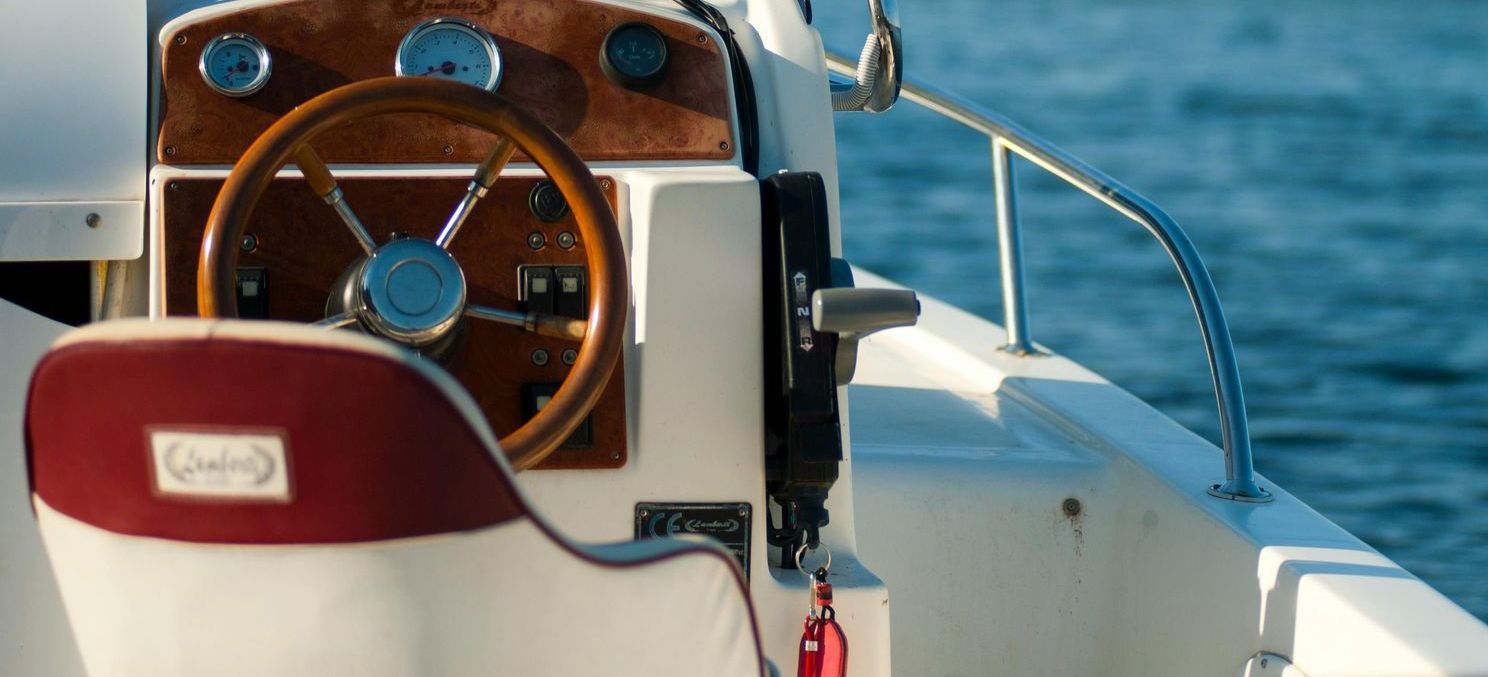
1. Wash Your Boat After Every Trip
One of the most important steps you can take to prevent saltwater damage is to wash your boat thoroughly after each trip. Saltwater is highly corrosive and can accumulate on the surface of your boat, leading to discoloration, rust, and long-term damage if left untreated.
How to Wash Your Boat:
- Rinse with Fresh Water: Start by rinsing the entire boat with fresh water to remove salt, debris, and dirt. Be sure to focus on the hull, decks, and any other surfaces exposed to the water.
- Use a Boat Cleaner: Use a marine-specific cleaner that is designed to remove salt and grime from the surface of your boat. Avoid household cleaners, as they may damage the boat’s finish.
- Clean the Trailer: Don’t forget to rinse your boat trailer as well. Salt can quickly corrode the metal parts of the trailer, so it’s essential to wash it after each trip.
2. Protect Your Boat’s Hull with a Wax Coating
Waxing your boat is an effective way to create a protective barrier between the boat’s surface and the saltwater. A good coat of marine wax will help prevent salt from penetrating the hull and causing damage over time.
How to Apply Wax:
- Clean the Hull First: Before applying any wax, ensure that the hull is completely clean and dry.
- Use Marine Wax: Use a high-quality marine wax that is designed to protect against UV rays and saltwater corrosion.
- Buff the Surface: Apply the wax using a soft cloth or buffer and buff the surface in small circular motions. This will not only protect the hull but will also give your boat a shiny, polished look.
3. Protect Metal Parts with Corrosion Inhibitors
Saltwater can be particularly damaging to the metal parts of your boat, such as the engine, propeller, and fittings. Over time, salt can cause rust and corrosion that can affect the boat's performance and appearance.
How to Prevent Corrosion:
- Use Corrosion Inhibitors: Apply a corrosion inhibitor or protective spray to the metal components of your boat. These products create a protective film that prevents saltwater from coming into contact with the metal.
- Regularly Inspect for Rust: Regularly inspect metal parts, especially those below the waterline, for any signs of rust or corrosion. If you spot any, treat it immediately to prevent further damage.
- Dry Off Metal Surfaces: After washing your boat, wipe down any metal parts to remove residual moisture that could lead to corrosion.
4. Apply Anti-Fouling Paint to the Bottom of Your Boat
Anti-fouling paint is a special type of paint designed to protect your boat's hull from marine growth, such as algae, barnacles, and mussels, that can accumulate in saltwater. These organisms can damage the boat's surface and affect its speed and fuel efficiency.
How to Use Anti-Fouling Paint:
- Clean the Bottom of the Hull: Before applying the paint, thoroughly clean the bottom of the hull to remove any existing growth.
- Choose the Right Paint: There are various types of anti-fouling paint available, so be sure to choose one that is suitable for your boat’s needs. Some paints are designed for specific water conditions or boat types.
- Apply in a Well-Ventilated Area: Make sure to apply the paint in a well-ventilated area, preferably outdoors, to avoid inhaling fumes.
5. Check and Maintain the Boat’s Seals and Gaskets
Your boat’s seals and gaskets play a crucial role in preventing water from entering the interior of the boat. Saltwater can cause these components to degrade over time, leading to leaks and potential water damage.
How to Maintain Seals:
- Inspect Regularly: Inspect the seals and gaskets around doors, windows, hatches, and other openings for wear and tear. Replace any that appear cracked or damaged.
- Use Silicone Lubricant: Apply a silicone-based lubricant to the seals to keep them pliable and prevent saltwater from compromising their effectiveness.
6. Store Your Boat Properly
Proper storage is crucial for protecting your boat from the elements when it’s not in use. Storing your boat in a dry, sheltered location will protect it from exposure to saltwater and minimize the risk of damage.
Tips for Storing Your Boat:
- Cover Your Boat: Use a high-quality boat cover that provides protection from salt, rain, and UV rays when your boat is not in use.
- Lift the Boat Out of the Water: Whenever possible, store your boat on a trailer or lift to prevent it from being in constant contact with saltwater.
- Dry and Clean After Each Use: Before storing, make sure the boat is thoroughly cleaned, dried, and free of moisture that could promote rust and mildew.
7. Regularly Service Your Boat’s Engine
Saltwater can be particularly harsh on your boat’s engine, leading to salt buildup and potential corrosion. Regular maintenance and servicing of your boat’s engine will help it run smoothly and extend its lifespan.
Engine Maintenance Tips:
- Flush the Engine: After every trip in saltwater, flush your boat’s engine with fresh water to remove salt buildup. This is especially important for outboard engines.
- Check the Anodes: Inspect the sacrificial anodes on your boat’s engine regularly. These anodes help prevent corrosion by corroding themselves instead of the engine.
- Use Saltwater-Specific Oils and Fluids: Be sure to use oils and fluids that are designed for use in saltwater environments to protect the engine from corrosion.
Keep Your Boat in Top Condition for Years to Come
Protecting your boat from saltwater damage is crucial for maintaining its longevity, performance, and appearance. By following these essential tips—regular washing, waxing, corrosion protection, and maintenance—you can ensure your boat stays in pristine condition for many years to come.
If you’re looking for professional assistance in protecting your boat from saltwater damage, the experts at It’s All Clean San Diego are here to help. Our boat cleaning and maintenance services will keep your vessel looking great and performing at its best.
Ready to protect your boat from saltwater damage? Contact It’s All Clean San Diego today to schedule a professional boat cleaning and maintenance appointment. Our team will help ensure your boat remains in top condition, so you can enjoy your time on the water with peace of mind. Call us now or book your appointment online!
- All rights reserved -
It's All Clean San Diego © 2021

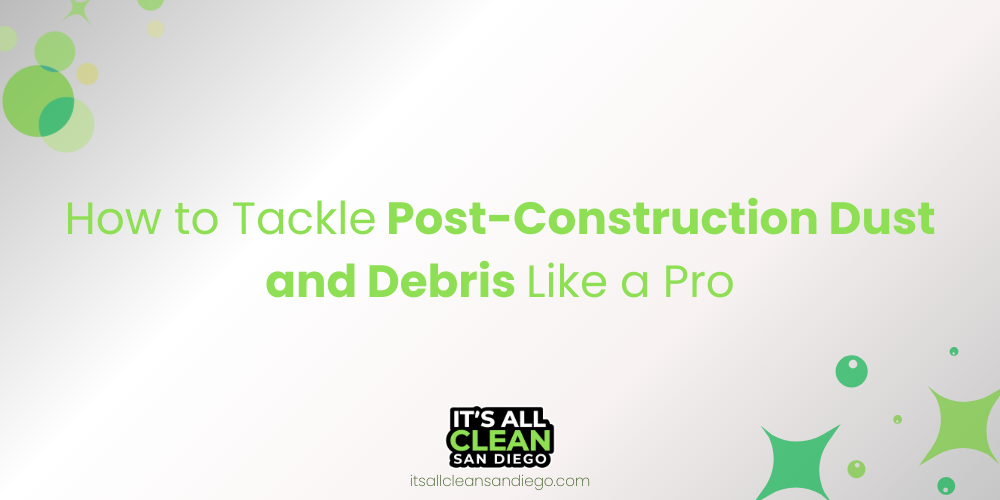
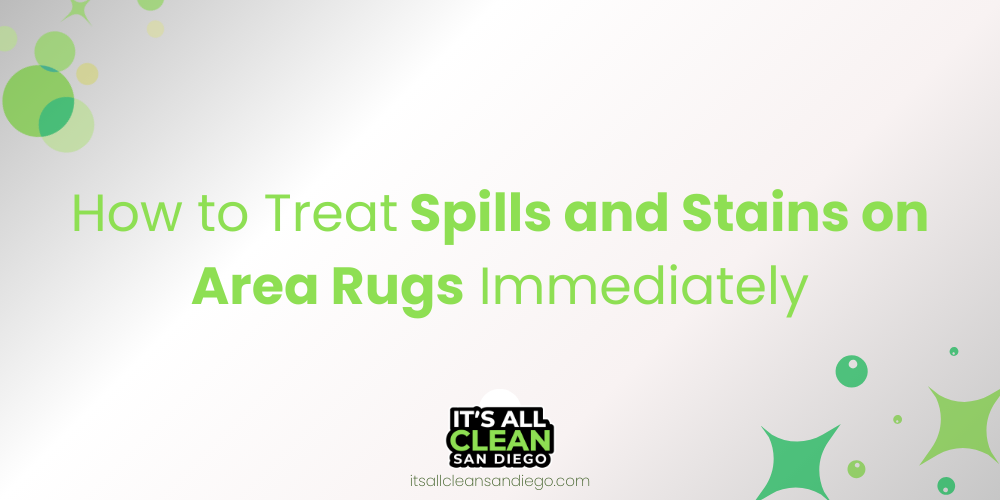
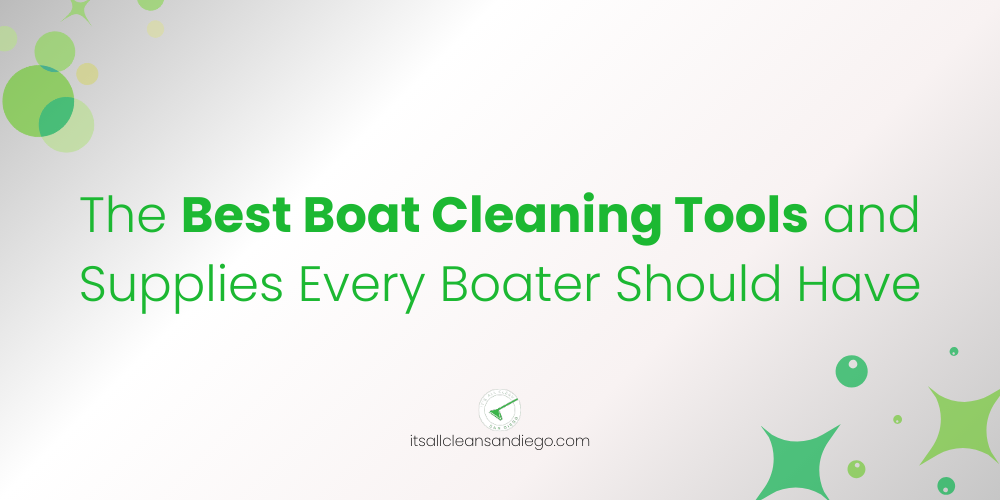
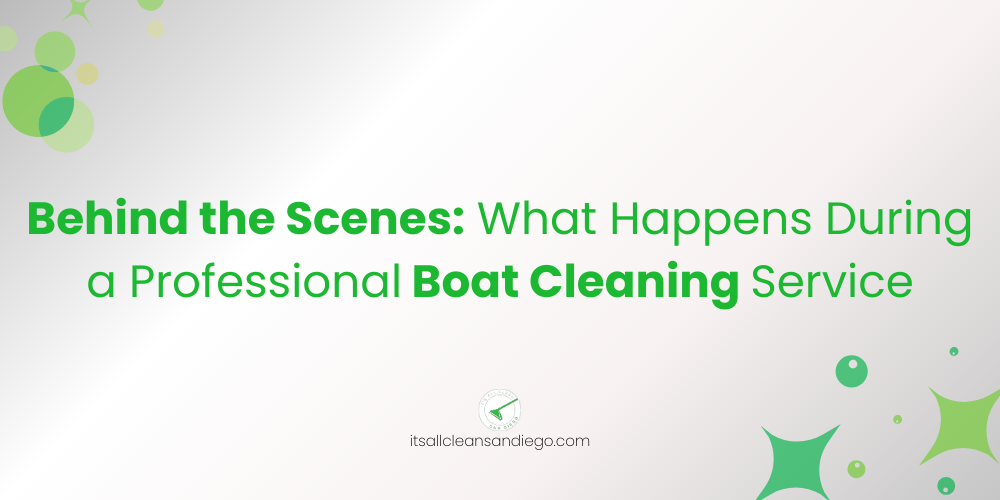

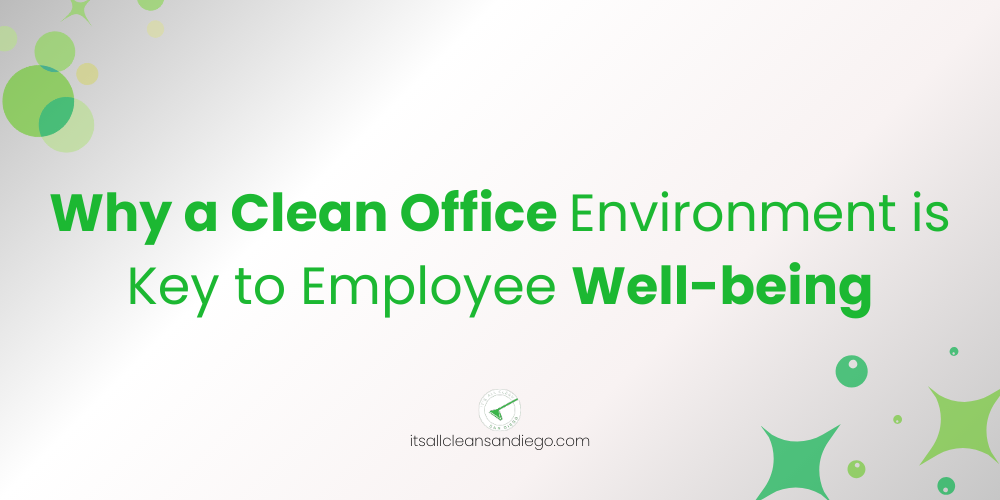

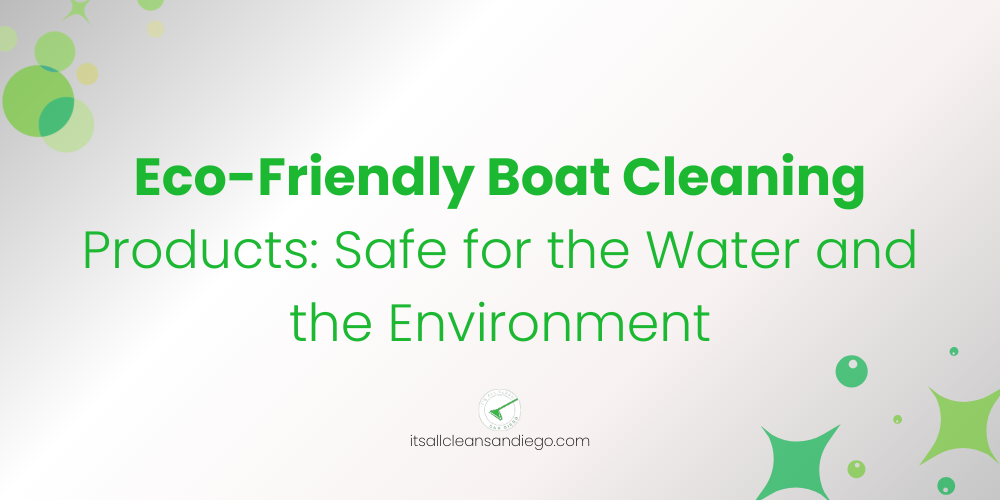
Our promise to you!
If we don’t meet or exceed your expectations, you are guaranteed to get your money back. Our commitment is to meet the highest standards in the industry that leads us to lifelong customers. Our philosophy is quality work and professionalism go hand-in-hand and these two factors add up to consistent customer satisfaction.
Contact Us Now
© 2024 All Rights Reserved - It's All Clean San Diego



